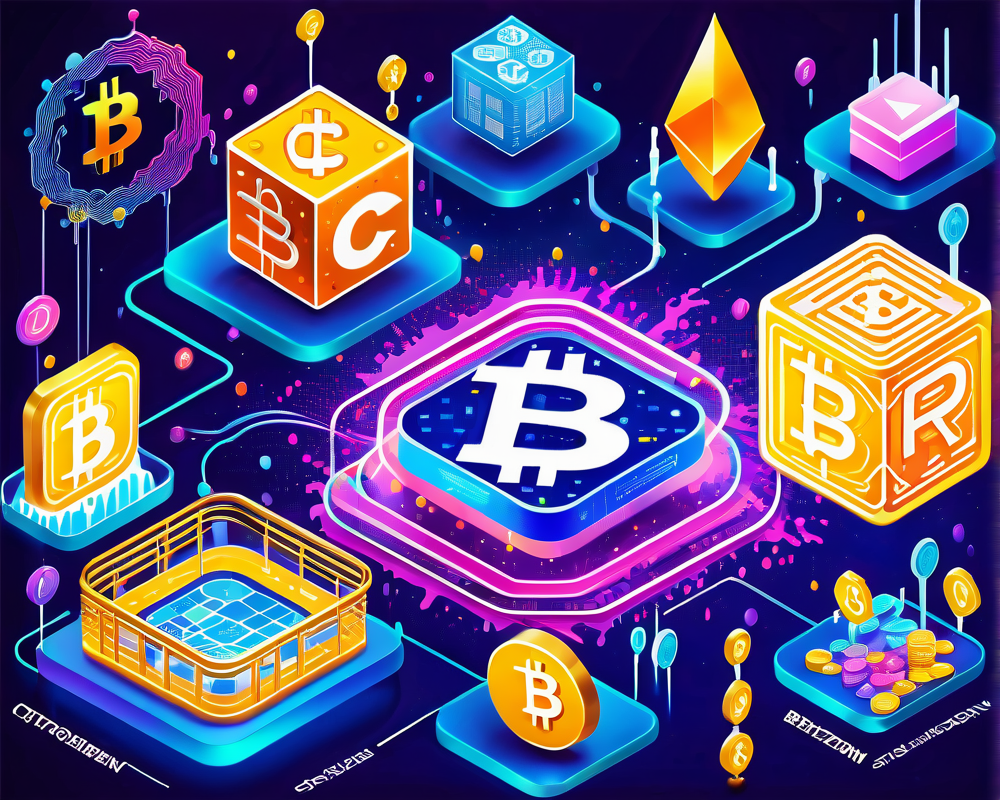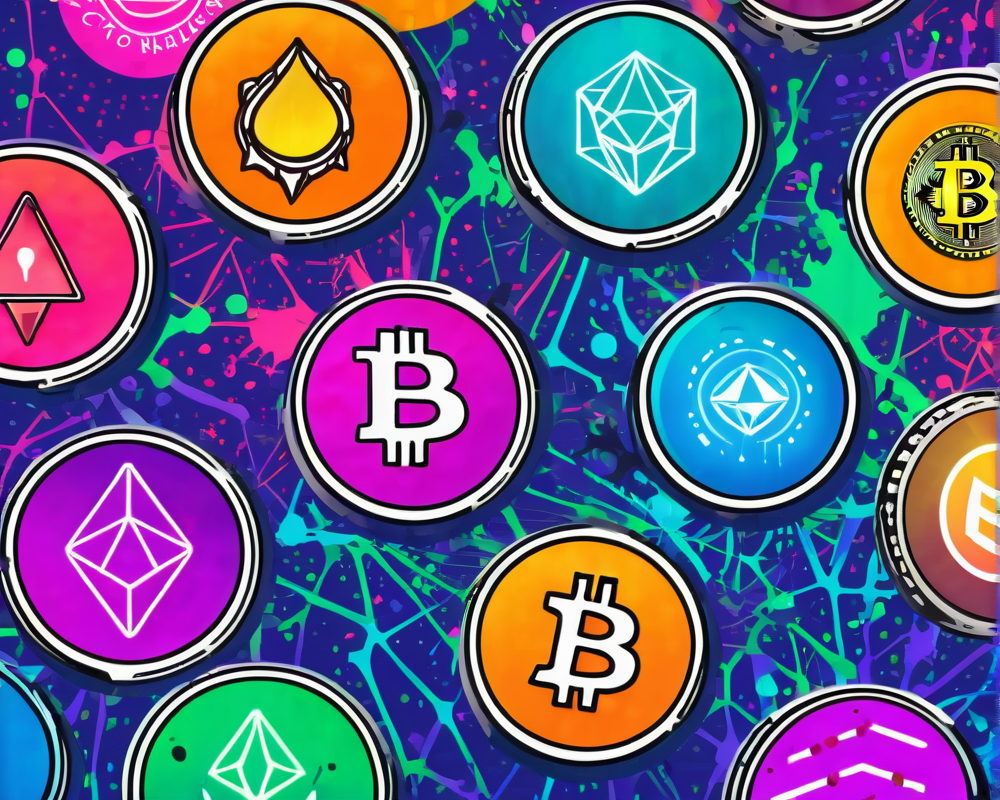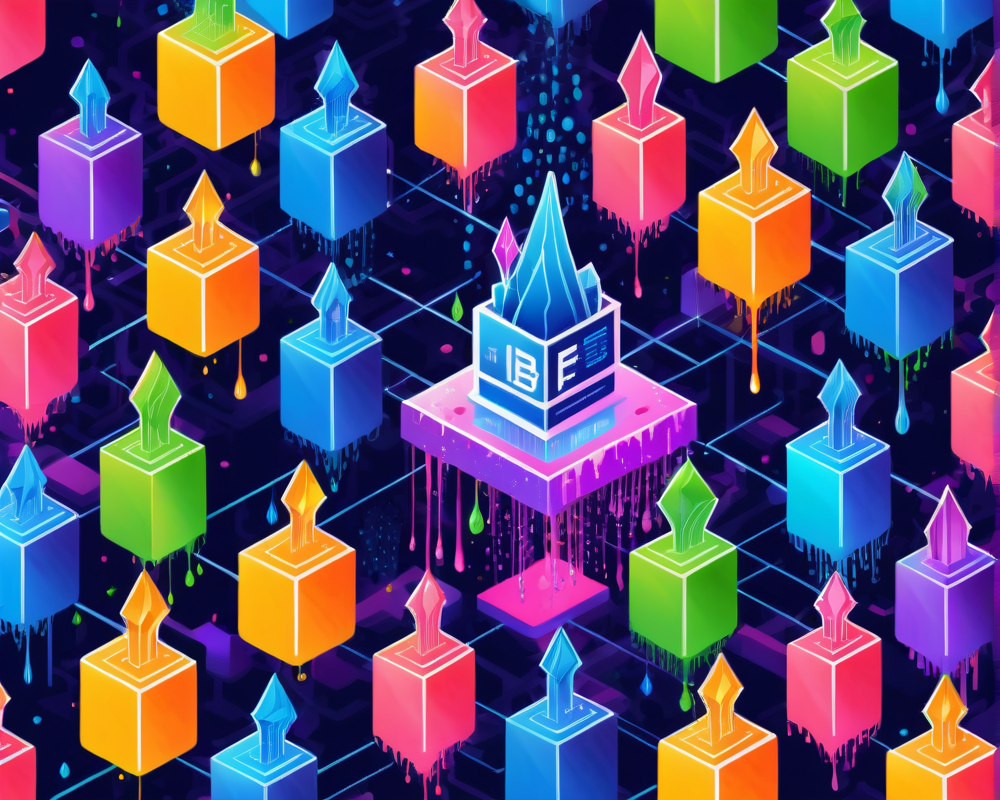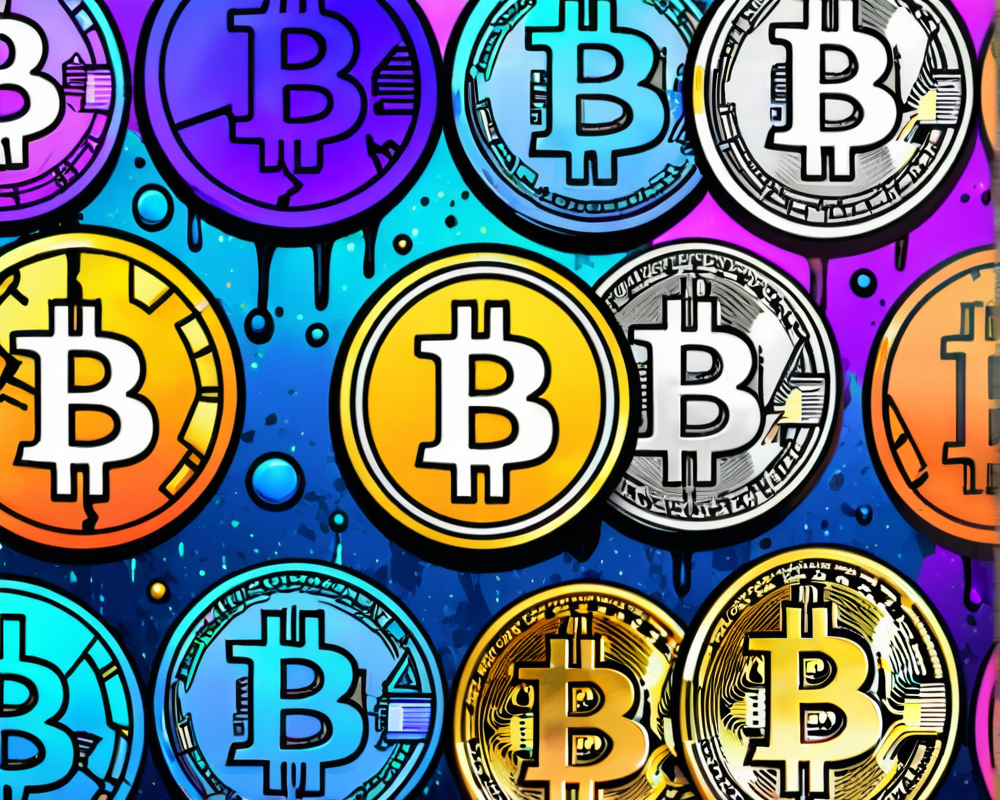Understanding Blockchain Technology
Blockchain isn’t just a fancy term tossed around by tech enthusiasts in coffee shops. Think of it as a virtual ledger that’s not only distributed but also fortified with incredible security. Unlike your traditional database, which can be as reliable as your roommate’s promise to return your favorite shirt, a blockchain guarantees that its data is not just accurate, but also securely stored across a network of nodes.
How It All Works
In the world of blockchains, information is packed into “blocks,” each one linking to its predecessor, like a chain of trust. Each time a new block is added, it builds further on the data timeline, effectively keeping a historical record that you can—you guessed it—trust! This creates an almost Herculean foundation for transactions, particularly in the realm of cryptocurrencies like Bitcoin, where the technology solves the Byzantine Generals problem by fostering consensus among dispersed parties.
Blockchain Beyond Bitcoin
Let’s burst the Bitcoin bubble for a second. While cryptocurrencies steal the spotlight, blockchain technology is rapidly finding its way into other industries. Companies large and small are recognizing the myriad possibilities it presents. For example, IBM is partnering with oil giants to create a blockchain supply chain for oil and gas. Da Beers is tracking diamonds (because who wants to buy conflict diamonds?), and JPMorgan is using this technology to streamline loan collateral calculations like a pro.
Real-world Applications
Globally, the adoption of this technology is blossoming, and guess what? Government agencies are not immune! The Global Shipping Business Network, which features big players like HSBC, is utilizing a blockchain platform to enhance the efficiency of container shipments. We’ve even seen Maharashtra in India start issuing caste certificates via the Polygon network. It’s not just white-collar workers getting in on the action; the United Nations is using blockchain to assist over a million people in its World Food Programme. Talk about a tech-savvy miracle!
The Perks of Blockchain
Blockchain bustles with advantages. For instance, imagine a food and beverage company. Customers want to know where their food comes from, right? Blockchain provides a transparent supply chain where every ingredient’s journey can be traced. With increased efficiency and reduced human error, companies are not only saving bucks but also enhancing customer trust. Plus, the sustainable aspect aligns perfectly with today’s ESG (environmental, social, and governance) priorities. Talk about being trendy!
The Flip Side: Challenges in Implementation
Despite its charms, companies aren’t exactly rushing to embrace blockchain. The elephant in the room? The initial investment required for implementation. Training, reports, and new process designs can create a financial headache. Moreover, while blockchain keeps data tamper-proof, it still leans on humans for data entry. Without the use of precise IoT sensors, accuracy can slip through the cracks. So, while it looks promising, it isn’t one size fits all!
Final Thoughts
Blockchain’s full potential remains somewhat of a mystery, with new use cases cropping up daily. Decades from now, we may laugh at the notion of cryptocurrencies being the main application of this technology. So here’s a thought: was Bitcoin just the introduction, or did Satoshi Nakamoto craft a revolution more profound than we thought?




